SUPPORTED BY:


SUPPORTED BY:

THE FORCES DRIVING A NEW WAVE OF OUTSOURCING




There were suggestions through 2021 – as hedge funds made hay – and into last year that the outsourcing trend may have peaked. This year, with volatile markets accompanied by soaring inflation and spirally costs, that assessment looks premature. Hedge fund firms across the globe are reviewing their operating models and outsourcing is once again in the spotlight.
Hedgeweek’s latest Insights Report, Supporting Innovation: The Forces Driving A New Wave of Outsourcing, in partnership with SS&C Technologies, features a survey of hedge fund managers and further research, with the results fuelling analysis of the latest outsourcing trends. What is different about this latest wave? What are the driving forces behind it? And what do new developments mean for hedge fund businesses?
Section one looks to measure the current scale of activity and drivers for change. Unsurprisingly, increasing costs is a key phrase. But as our research shows, cost management (through more outsourcing) is only a means to an end – and that end is scalable infrastructure that supports a continual ability to innovate. This sentiment is echoed by large managers, small managers, and providers alike.
Functions are the focus of section two – specifically what tasks are currently being outsourced and which ones are next in line. Section three flips the approach, asking ‘where are managers’ red lines and what is stopping them outsourcing more?’ We hope you find the answers illuminating.
Breakdown of respondents to Hedgeweek’s Q2 Hedge Fund Manager Survey by firm location, size, and approach:
The primary source of data in this report is the results of Hedgeweek’s Q2 Hedge Fund Manager Survey conducted in May 2023. Of the 80 hedge fund firms that participated in the survey, 68 responded to the questions on outsourcing, with qualitative follow-up interviews also taking place in May. The findings in this report are based on the results of the survey, research interviews with named and unnamed hedge fund sources, and additional thirdparty data and intel.
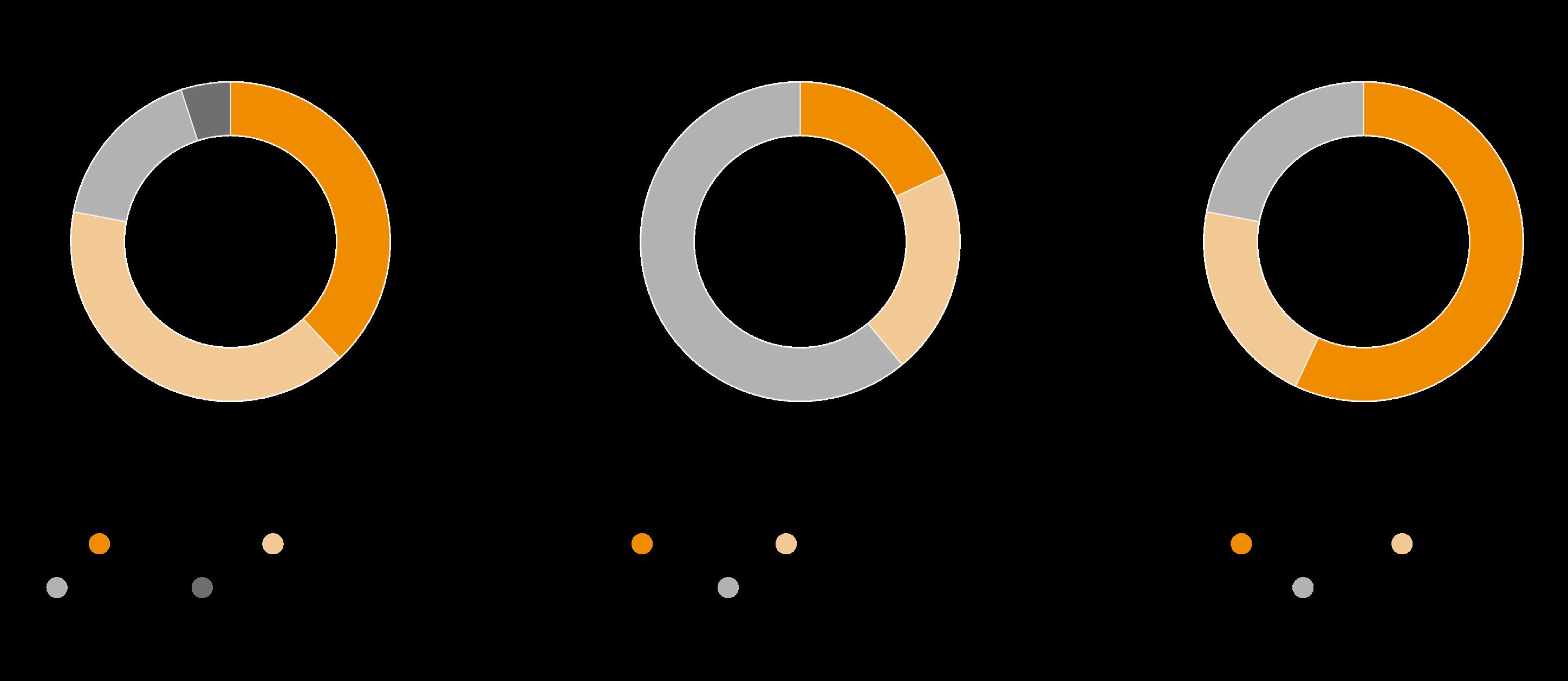
Around one third of hedge fund firms are planning or considering more outsourcing. But while the key reason for this is cost management, the true driving force for this latest wave of outsourcing is innovation. The pressure to do more with less, to differentiate and get ahead, has rarely been so intense. Many of those managers – small and large – struggling to innovate at scale are reviewing their relationship with outsourcing.
On average, about 60% of hedge fund firms outsource half or more of their back-office functions, and about 40% do the same for their middleoffice functions. Many of the subgroups planning or considering outsourcing more – systematic/ hybrid, Asia-based, emerging – occupy the more progressive end of the industry spectrum. As such, the trend towards outsourcing more, or a wider array, of functions can be expected to continue.
Top functions that hedge fund firms would ‘never’ outsource include Trade allocation and Risk monitoring. Just inside the top five is Trade execution, and anecdotal evidence suggests an increasing number of firms – often with smaller AUM – are getting comfortable with the idea of outsourcing significant parts of their front office. A few years ago, many considered this unthinkable. Today, it’s the next step in outsourcing’s evolution.
Many hedge fund COOs remain wary – and understandably so – about the prospect of losing control during the process of outsourcing. It is among the top reasons for pushback facing outsourcing providers and a core topic of any exploratory conversation. Still, an increasing number of managers are finding that recent innovations in the sector have rendered many of their concerns, over many business functions, redundant.

Has the hedge fund outsourcing trend peaked? As a host of forces in 2023 increase the pressure on managers to do more with less, our research suggests that, if anything, it’s accelerating.
In the tightly controlled world of hedge fund operations, where high standards and accountability are all-important watchwords, outsourcing has had to earn the sector’s trust over the years. And if the pace and scale of uptake is any measure, that trust has been earned.
Once a niche activity – primarily used by launches and the smallest firms to control overheads in a cost-effective manner –outsourcing is now very much part of the hedge fund mainstream.
According to a new Hedgeweek survey, around 70% of hedge fund management firms outsource a meaningful proportion of their middle office (defined here as at least ‘a minority’ functions) and around
80% do the same for their back office. Over a third outsource a meaningful proportion of their front office (see fig. 1.1).
Indeed, such has been the rate of outsourcing within the hedge fund industry over the past ten years that –until recently – there had been some quiet suggestions the trend may have peaked. Our research says otherwise. Anecdotal evidence may suggest the trend slowed in 2022, but there are strong signs that key forces in 2023 have put outsourcing back on many managers’ radars and bumped it up others’ priority lists.
Within Hedgeweek’s survey pool, 34% of hedge fund managers – across
multiple locations and types – plan to outsource more or are considering it. Furthermore, managers with more than $1 billion in AUM are similarly likely to be driving current and future demand for outsourcing as are managers with less than $250 million, if not more so (see fig 1.2).
“Larger firms are under increasing pressure to innovate and remain relevant by diversifying into new strategies and asset classes to stay competitive,” explains Ken Hope, COO of Aspect Capital, the $10 billion quant manager headquartered in London. “This is a key driver behind the demand for outsourcing, as this can present a quicker, more flexible and more efficient route to being
able to implement new approaches on behalf of clients.”
US COOs canvassed in person at a New York industry event in May showed similar openness to outsourcing more of their operations – so long as allocators were comfortable with arrangements.
“We are growing assets towards $1 billion but remain a single strategy firm and are definitely open to outsourcing more. Given costs in the industry I think it would take significant asset growth before we started bringing more functions in-house rather than go the other way,” said one COO. He spoke anonymously as he didn’t want staff to think their jobs were at risk from greater outsourcing – “I don’t think that’s
the case, the two can work hand-in-hand.”
Unsurprisingly, increasing costs were highlighted as a key driver by those survey respondents planning more outsourcing – ranked top, followed by the improving quality of outsourced providers generally and a growing confidence
in the outsourced providers respondents are currently using (see fig 1.3).
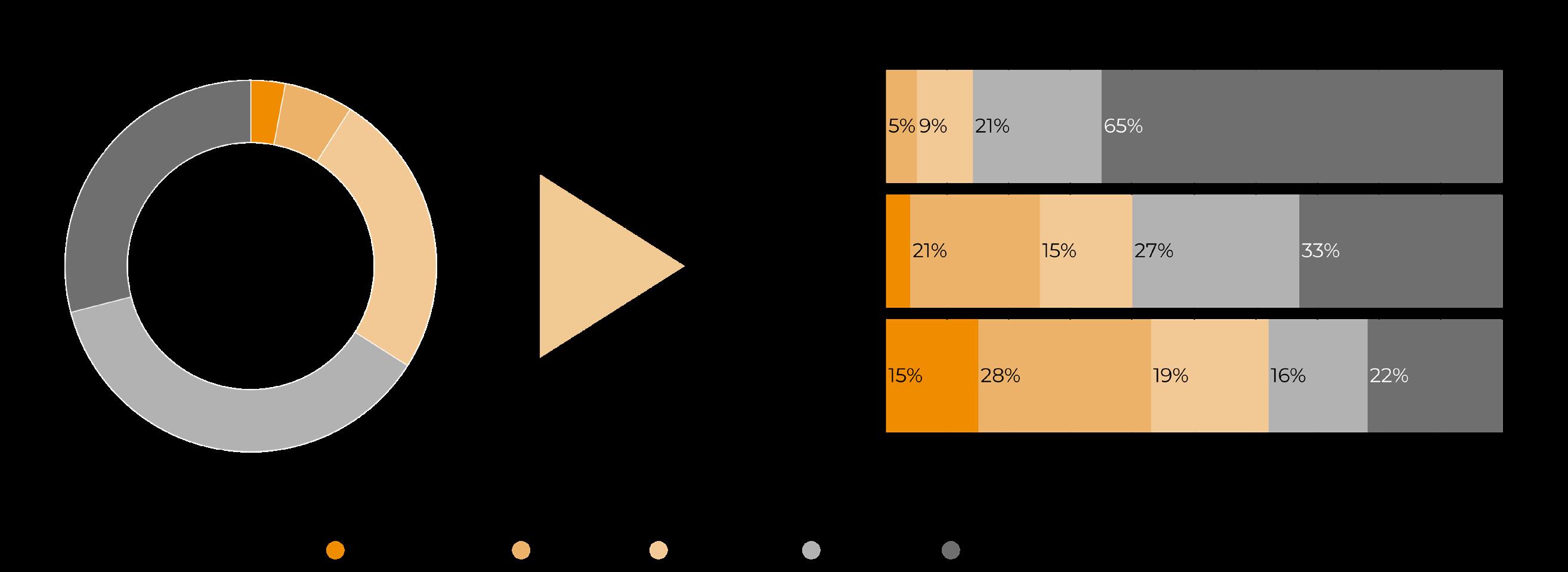
But as Aspect’s Hope says, the rising cost of running a hedge fund business in 2023 is “not necessarily the only or even the main driver for the demand” for outsourcing.
“In a world of increasing complexity for many
Around one third of hedge fund firms are planning or considering more outsourcing
Proportion of Hedgeweek survey respondents that said they are either ‘planning to outsource more’ or ‘may outsource more’:
34%

hedge funds, it is driven by a realisation that better scale, speed to market and efficiency can be achieved by relying on experts, rather than having to invest on an ongoing basis to achieve these outcomes.
“In turn, this enables hedge fund firms to focus on where they can really add value for clients through their own expertise. The impact of rising
costs are, in my view, simply adding momentum to an already well established trend.”

Outsourcing providers, themselves, echo this sentiment.
As costs increase, hedge fund firms are feeling more pressure to find new revenue streams. Benny LoCascio, Managing Director
of Global Operations at SS&C Technologies’ fund administrator SS&C GlobeOp, says this pressure is driving many hedge funds to explore new markets – notably, private equity and credit – and to consider more outsourcing as a means of supporting the expansion.
“With outsourcing, you don’t have to build out additional infrastructure to trade new
products,” he says. “There are other ways to access the latest technology and expertise – by outsourcing”.
LoCascio highlights one SS&C hedge fund client who wanted to move into statistical arbitrage: “If they had to do that on their own, the lead time would have been at least a year, despite having a portfolio manager ready to go. They came to
Larger firms are under increasing pressure to innovate… this is a key driver behind the demand for outsourcing
Ken HopeCOO,
Aspect Capitalus, and we set them up within days.”
Appetite to increase the use of third-party providers in executing key business functions was strongest among systematic managers, with 41% either planning or considering more outsourcing.

That beat the 30% figure for discretionary strategies (overall, 34% of the industry is exploring it, split between the 16% with active plans to outsource more and 18% considering it).
“As a single strategy systematic hedge fund manager, it can be a huge expense and unrealistic to get the talent and continuity of service and depth of bench in key functions,” says Russell Hart, COO at Alcova Asset Management, a systematic firm.
“We can get better service in, for example, compliance, regulatory reporting as well as technology/cloud infrastructure through outsourcing. There is benefit in terms of efficiency, quality of service and experience of people we can achieve through outsourcing.”
Interestingly, Aspect’s Hope does not have a strong view on whether outsourcing is better suited to quant or discretionary firms.
“Intuitively the focus and efficiency benefits of outsourcing should be just as evident for discretionary managers as they are for quant firms like Aspect,” he says. “There is the potential that the technology led focus of quant
Has Covid made a difference? Interviewees see it as having accelerated the pace of change in some areas, but outsourcing ultimately comes down to quality of service and reliability.
“The move to (and demand from employees for) an increased level of flexible working was already firmly established well before the pandemic hit,” notes Ken Hope, COO of Aspect Capital
“During the pandemic itself, the short-term benefits of working from home both for firms and employees generated an expectation that the office environment post-Covid would never be the same again.”
However, the negative medium-to-long-term impacts
of reduced collaboration and social interaction from the office environment were less known about compared to now.
“Post-Covid, for our business (and our sense is the same for many others), it was clear that a balance was required in order to achieve both the collaboration benefits of office working as well as the efficiency, diversity and morale benefits of providing a flexible working environment for all employees.
“Therefore, the office environment for Aspect has largely returned to pre-Covid norms – other than the fact that more people are now benefiting from flexible working arrangements and doing so in a far more efficient way than before.”
As a single strategy systematic hedge fund manager, it can be a huge expense and unrealistic to get the talent and continuity of service and depth of bench in key functions
firms may help to ensure the onboarding and integration with outsourced providers is easier and more efficient than discretionary managers.”
Andrew Wall, COO at Greenvale Capital, a London-based long/short equity firm, sees the value of outsourcing for discretionary managers, too.
“The skillset we get from a specialised outsourced IT firm can be way above what we could do internally, and the same goes for industry compliance.
“It will be different for larger managers, but the quality of outsourced service in these functions is perfect for a firm of our size. Things have moved on lightyears in the past 25 years and often outsourcing is the best way to access that evolving expertise.”
Cost management may be the phrase on hedge fund firms’ lips, but the true driving force for this latest wave of outsourcing is innovation. The pressure to do more with less, to differentiate and get ahead, has rarely been so intense. Those managers – small and large – that cannot innovate at scale should be reviewing their relationship with outsourcing.
From inhouse automation to partial outsourcing and fullteam lift-outs, the ways hedge fund firms manage their operational functions is evolving – with fewer parts of the business left untouched.
If the hedge fund outsourcing trend started in the back office, the success of that initial wave – coupled with managers’ subsequent appetite for more and the increasing cost of building operational infrastructure over the past ten years – has seen it edge its way through the business and towards the trading desk.
Today, swathes of the hedge fund industry outsource multiple middle-office functions, and many outsource, or are exploring outsourcing, parts of the front office – still a controversial move in some managers’ eyes.
Among our survey sample, there were some notable trends among subgroups. As fig. 2.1 shows, hybrid managers are more likely to outsource a majority of both their middle and back-office functions than systematic or discretionary managers, with the same true for mid-sized managers (AUM $250-999 million) compared to larger (AUM $1 billion-plus) and smaller managers (AUM <$250 million).
For hybrid managers, this is partly due to a complex operational set-up. For mid-sized managers, it is potentially a result of efforts to move away from, what may have become over

time, unwieldy inhouse infrastructure, with many businesses in this group operating for ten years or more on modest AUM.
In terms of location, our research suggests that Asia-based hedge fund managers are driving middle-office outsourcing trends, with half of those surveyed (50%) outsourcing a majority of related functions, compared to around one quarter of North America-based managers
(23%) and less than one fifth of Europe-based managers (16%).
Here, an explanation lies partly in the average Asia-based manager’s modest AUM, but also – as seen previously in fig. 1.4 – in the group’s apparent willingness to be practical and prioritise technology over people when reviewing its infrastructure needs in choosing an outsourced provider.
Fig. 2.2 shows outsourcing trends one level deeper – by function.
Split by office, our survey results suggest P&L and NAV production, typically within the middle office, is the function most likely to be
outsourced by hedge fund firms, at nearly 70%, followed by Trade settlement and Trade clearing, typically in the back office, both at around 50%.
Looking ahead, Trade matching – another function usually considered part of the back office – attracted the highest proportion of survey respondents saying they ‘may’ outsource it in the future.
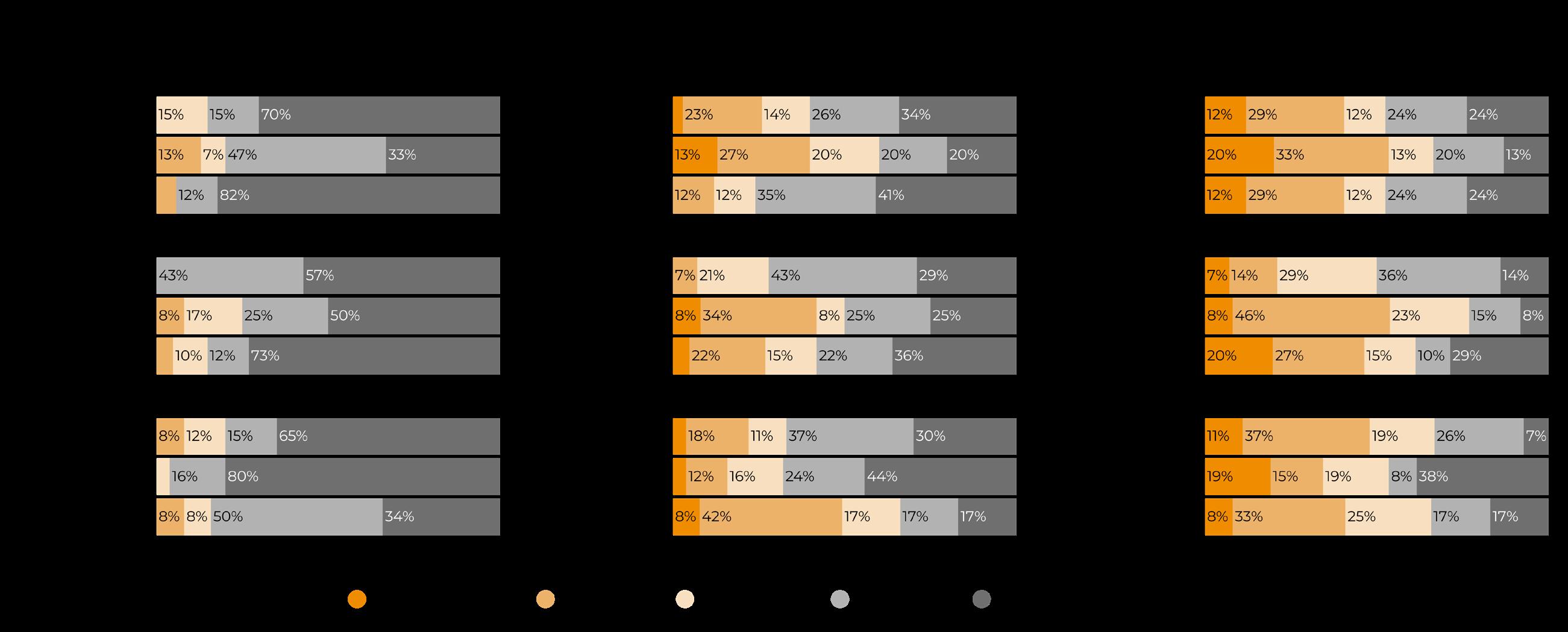
Trade matching and Trade routing are hedge funds’ top contenders for future outsourcing
Top three functions Hedgeweek survey respondents said they don’t currently outsource but may do in the future:
30%
27%
1ST
2ND
Trade communication/ routing
23%
3RD
Trade matching
Risk attribution
Analyst note: Functions ordered by office and then by applicability, starting with functions with the lowest proportion of respondents to label them N/A. Hedgeweek recognises that many functions sit in different offices at different firms – the below categorisation is designed to be widely recognisable.
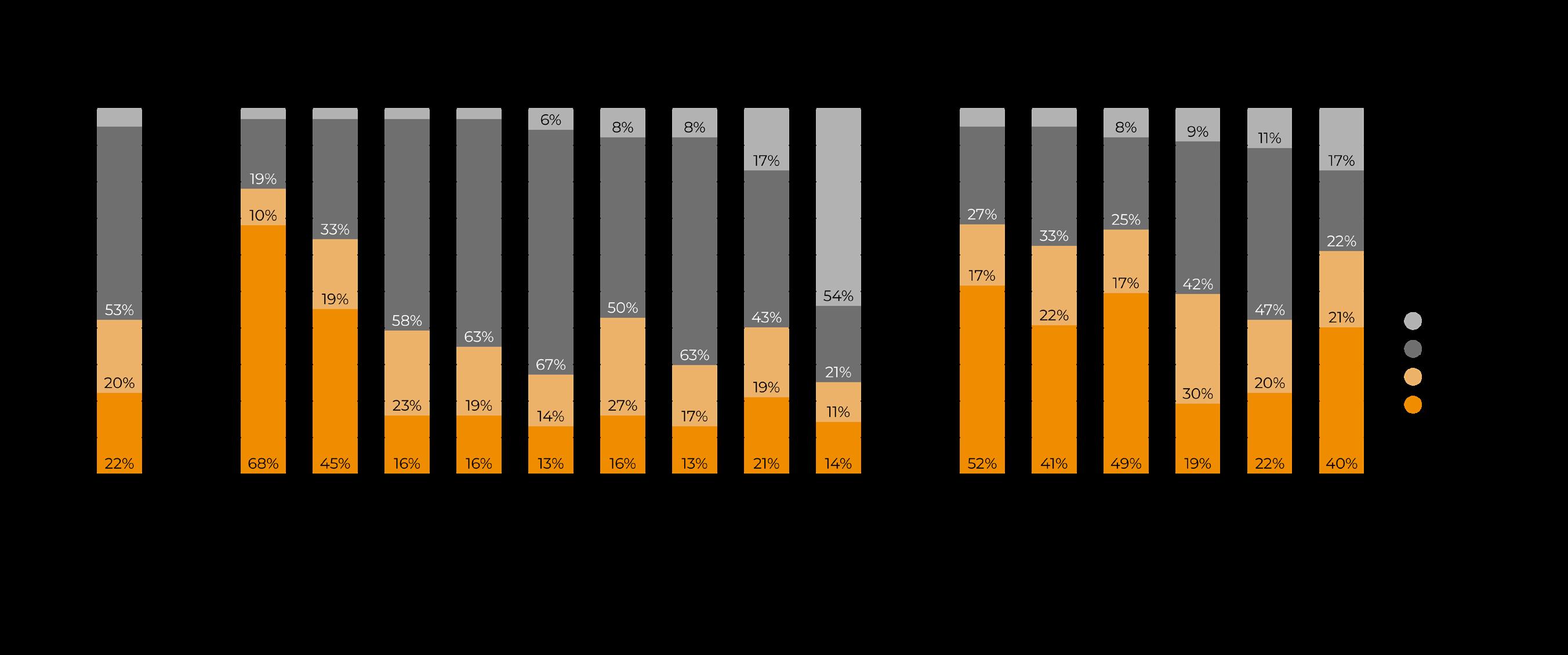
LHG Capital Management, a $1 billion-plus Hong Kong- and Zurich-headquartered ‘quantimental’ macro manager, was one firm with such plans.
LHG’s management team is aiming to grow its $1.2 billion AUM – modest for a macro specialist – and, according to Laurence
Yang, LHG’s Founder and Co-CIO, will need outsourced trade matching if it is to execute multi-billion-dollar positions. “We will also need outsourced trade limits on less liquid markets like commodity futures,” Yang adds.
Sweden-based systematic manager QQM Fund Management is another hedge fund firm
considering outsourcing trade limits/restrictions. This, says Partner Jonas Sandefelt, would be done alongside an expansion of front office headcount and would be necessary to lighten the added operational load. “It will hopefully help the management team in their daily tasks – which I would like since I am the CIO of the company, and I would like more time for
development of new strategies,” he explains.
For Yang, functions that LHG would ‘never’ outsource include Trade communication/ routing (the function with the second highest proportion of survey respondents saying they ‘may’ outsource it in the future), Risk monitoring, Trade allocation, and Trade execution.
Hedge funds want to focus on investing. Outsourcing allows them to find this
“
SS&C Technologies, Managing Director of Global Operations
“We have our proprietary quantitative, rulesbased trade allocation and risk management systems, therefore the need for these functions to be outsourced is minimal,” he says. “On top of that, solid risk management is one of LHG’s key appeals to our LPs. Therefore, we strongly believe LPs would prefer us to handle risk monitoring in-house.”
As to be discussed in this report’s final section, the industry’s smallest managers could be considered stronger candidates for front office outsourcing than larger managers, such as LHG, due to their greater cost pressures.
But in other ways, it is arguably even more important for small managers to retain a strong, proprietary trading function to demonstrate a
vital performance ‘edge’ over rival firms (this may help explain the particularly high proportion of sub-$250 million firms that outsource ‘none or almost none’ of their front office functions).
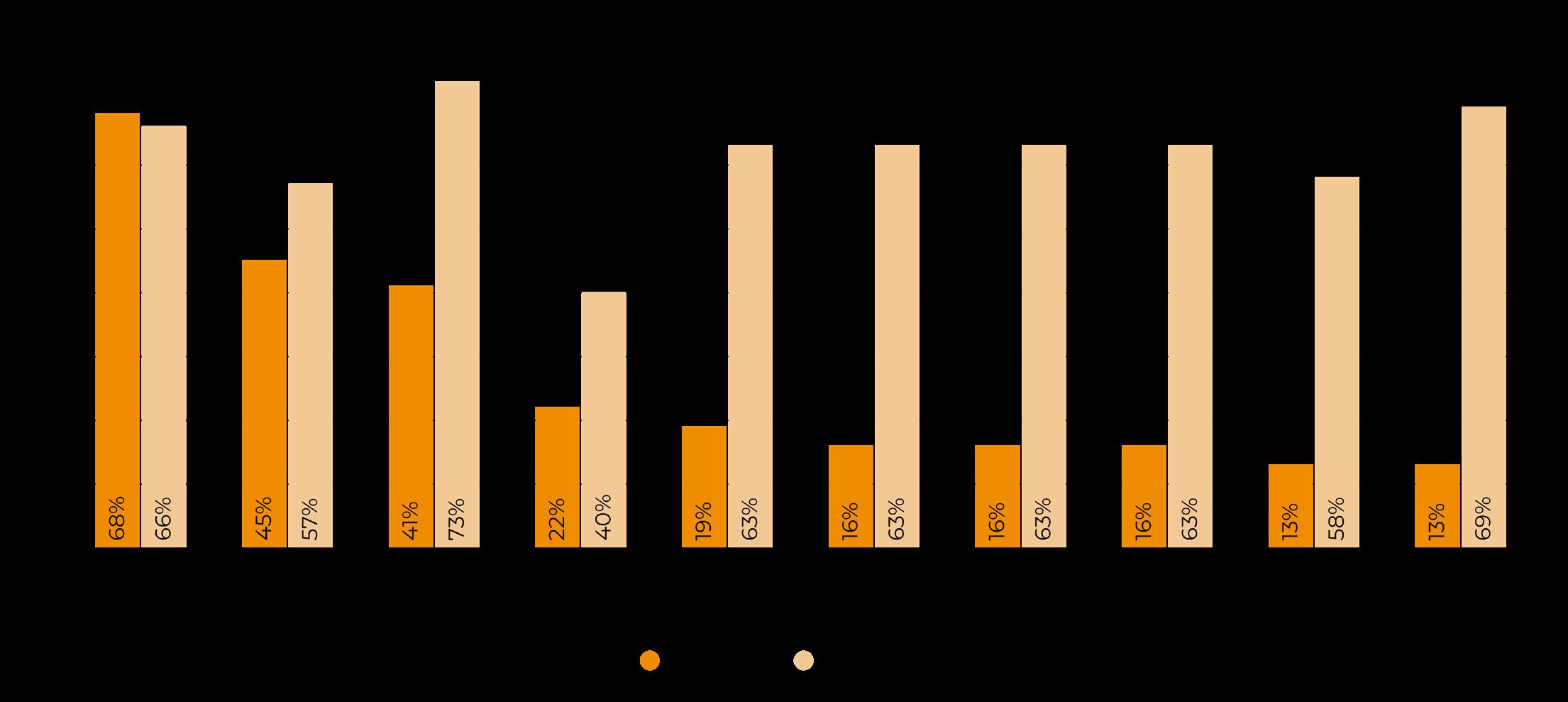
As noted in last month’s Hedgeweek Insights Report, Turning Point: The New Technologies
Helping Hedge Funds Evolve, reconciliation is another function outsourced providers are fielding more enquiries about.
“One notable trend we’re seeing is fewer hedge funds hiring staff to deliver in-house reconciliation, ensuring data flows back and forth between different systems. Reconciliation is a task well-suited for automation,” said Aani
Nerlekar, a Senior Director in SS&C Advent’s Solutions Management and Consulting division.
A comparison between ‘outsourcing’ rates and ‘automation’ rates for select middle- and backoffice functions sees reconciliation ranked top for automation and third for outsourcing (see fig. 2.3). It also offers insight into a potential challenge – or opportunity, depending on the point of view – for providers of outsourced Trade limits/restrictions, with nearly 70% of managers running these functions efficiently through automations already, with minimal outsourcing. The alternative take is that automation makes functions an easier ‘lift’.
For middle- and back-office functions, the question is becoming less about which function to outsource and more about which team to lift out. Full-team lift outs – the process of moving a team onto the systems of a third-party (see boxout) – are an increasing source of interest to hedge fund managers and an increasing source of business for outsourced providers such as SS&C Technologies.
For the middle office, the functions most commonly associated with lift outs include: Trade affirmation, confirmation, reconciliations, collateral management all the way to providing
A Q&A with Benny LoCascio, Managing Director of Global Operations at SS&C Technologies, on the emerging trend of full-team ‘Lift outs’.

an investment book of records – effectively, “the true nuts and bolts of the infrastructure,” says Benny LoCascio, SS&C’s Managing Director of Global Operations.
“The issue goes back to the rising cost of running a hedge fund business and how to marry those challenges with the need to keep your infrastructure at the cutting edge,” LoCascio explains. “How much money must a manager spend to have the best infrastructure and trade the most complex products? Hedge funds want to focus on investing. Outsourcing –increasingly via full-team lift outs – allows them to find this balance.”
Many of the subgroups most likely to outsource or looking to outsource more – systematic/ hybrid, Asia-based, emerging – occupy the more progressive end of the hedge fund industry spectrum. As such, Hedgeweek expects the trend towards outsourcing more, or a wider array, of functions to continue.
What does a full-team lift-out look like?
We, the provider, review the client’s infrastructure and highlight the functions we could ringfence and the teams we could bring over to SS&C as our own employees. Having discussed and agreed with the client, we then ‘lift out’ the function/team and support the client going forward. We can do this with minimal disruption.
Which types of hedge fund manager are best suited to lift outs?
Ultimately, fund managers looking to invest in new technologies or enter new markets should always consider lift outs. The ability to always be on equal footing with your peers, without the burden of investing into a non-scalable infrastructure, is enticing for fund managers. Fund managers also avoid concentration risk by only hiring one or two staffers for specific functions and tapping into the scale of SS&C. The situation also depends on how the fund manager is staffed with comparison of the front office versus in support. The comparison between the resources being spent on infrastructure and the resources being spent generating returns is usually an eye opener. For those overspending on infrastructure, lift outs are more feasible.
How does the conversation about lift outs progress? Are clients sceptical?
For the most part, the client is already on board with the idea. If we’re having that conversation, it’s because they’re looking at cost and scalability and the fund manager understands, in order to be cutting-edge, they must move away from their current infrastructure. For us, the key is being a consultative type of firm –one where clients come to us and ask us how they can improve.
What are the challenges with lift outs that managers may not have considered?
From our experience, the clients have to be sure they’re not losing control and have full transparency into the process. For the manager, it’s about adapting to new technologies and processes. Staffing the engagement correctly is also important. Going through the organization and making sure the right staff are moving into the correct roles will only benefit both firms in the end. You need the right people in the right places to continue receiving the best support.
Most hedge fund firms view outsourcing in terms of both advantages and limitations. But as more managers outsource more functions, the idea of red lines is becoming increasingly blurred.
For all the advances in outsourcing adoption in recent years, resistance remains.
Among hedge fund firms surveyed by Hedgeweek, around two thirds said they either had no plans to outsource more or planned to outsource less (see fig 3.1).
Here, there was a notable divide along geographical lines, with about three-quarters of US respondents resisting more outsourcing, compared to half in Asia-Pacific.
This may be partly a function of size, with
Asia-Pacific typically home to smaller firms, but our survey also suggests that sub-$250 million hedge fund firms are similarly resistant to further outsourcing, as are firms with AUM of $1 billion or more. Among our survey sample, mid-sized firms were less likely to be resistant.
So, why are some hedge fund managers not outsourcing more? More than 75% of ‘resistant’ firms surveyed were not considering it “because our remaining functions are best managed in house” (see fig. 3.2).
However, the door is not closed. Nearly one
quarter (24%) of this group say they “may do more in the future when technology at outsourced providers has improved in a way that suits our business.” As noted in the previous section, that day may be sooner than many managers think.
A recurring mantra when considering the use of a third-party to fulfil a key business function is that you are outsourcing the work, but never the responsibility.

“The key is to ensure the right partner is chosen and that firms have sufficient oversight of their outsourced providers – the process may be outsourced but the responsibility for it cannot be,” says Ken Hope, COO at Aspect Capital.
“Trust and transparency with these providers is extremely important, and if these things can’t be established then that could act as a blocker to a firm’s plans to implement an outsourcing model.”
Chief operating officers are in broad agreement that outsourcing becomes a problem if firms come to rely too much on third parties.
Analyst note: Respondents that ‘may outsource more’ are those that said: ‘We may do more in the future when technology at outsourced providers has improved in a way that suits our business’.
“It is imperative that firms do not create undue reliance on any individual third-party provider (and the fear of this risk can often deter firms from adopting this model) – in reality, this can easily be addressed with suitable back-ups and contingency protocols,” says Hope.
“Historically firms may also have hesitated over investor perception, however – depending on the nature of the service being outsourced – we
believe there has been an overall softening of client attitudes towards outsourcing in recent years.”

The investor angle is fundamental – clients must be comfortable with arrangements if they are to last.
Andrew Wall, COO at Greenvale Capital, sees outsourcing as “a balance of skillset, headcount
and being able to look your investors in the eye and say you understand and are comfortable with the risks involved.”
That latter point is all-important.
“If you can perform a function internally, that’s good – the next key question is, does that person have capacity?”
Source: Hedgeweek Q2 Manager Survey, May 2023
The personnel angle is fundamental, especially in an era of ballooning staffing costs. As Dominic Rieb-Smith, managing director and EMEA head of prime and alternative sales at JP Morgan, said at a recent industry event, the WFH trend has been replaced by WFT – the war for talent.
There are some functions hedge fund managers say they would never outsource, led by Trade allocation (67%), Risk monitoring (63%) and
Trade allocation is the function hedge funds are least likely to outsource – well ahead of trade execution
Trade allocation

Risk monitoring
Trade limits
Top five functions Hedgeweek survey respondents said they would ‘never’ outsource: 67% 63% 63% 58%
Risk attribution
Trade execution
53%
More than half (58%) also say they would never outsource Risk attribution, half say Trade communication/routing, and more than two-fifths say Cash payments and margin (47%) and Collateral (43%).
“We believe it is essential that trade processing and shadow navs are in-house,” says Wall.
Outsourcing trade execution – and front office functions more generally – has long been a red line for many hedge fund firms, and more than half of our survey sample (53%) displayed similar sentiment.
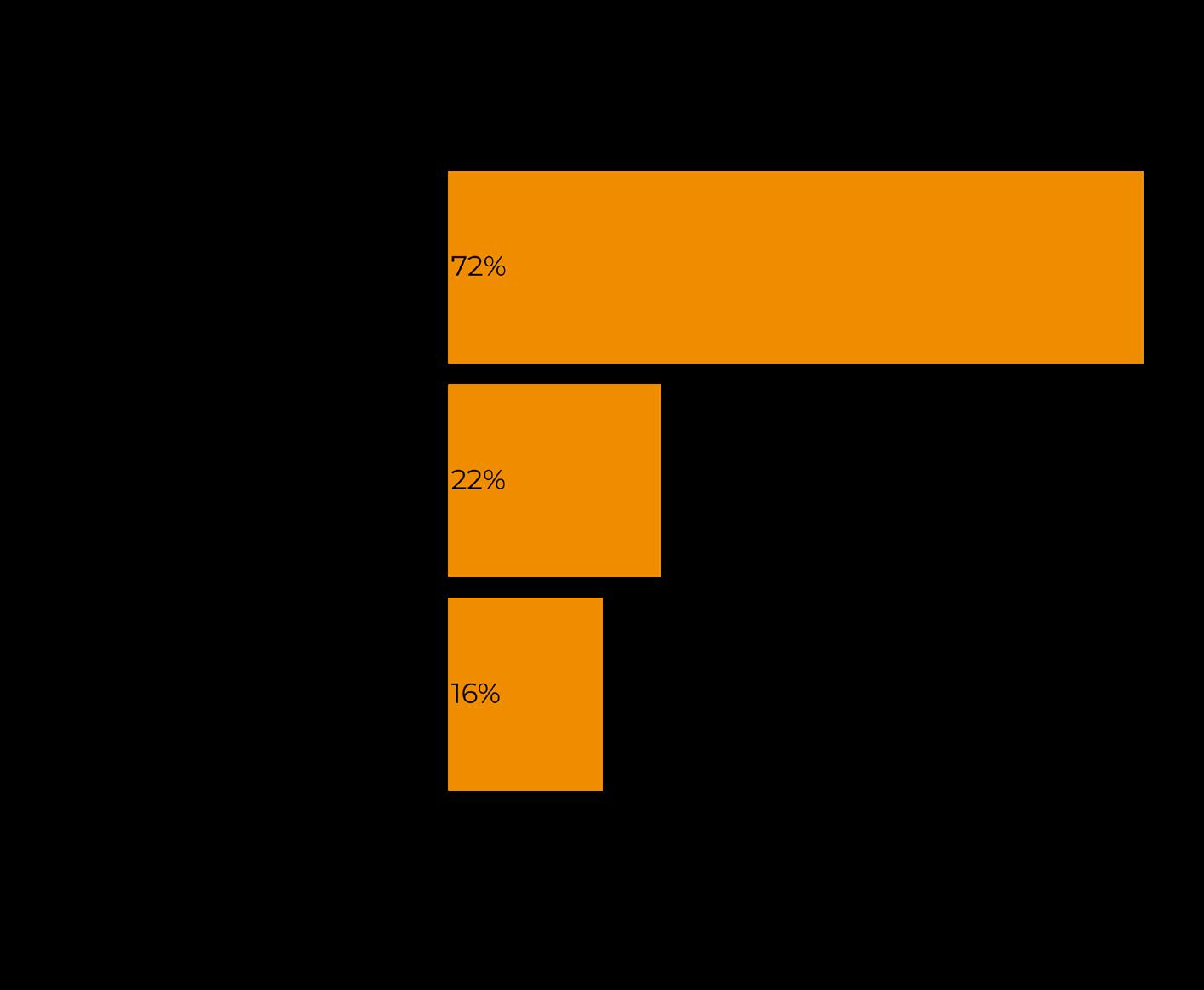
One Dubai-based hedge fund professional in between roles interviewed by Hedgeweek said that, at his previous firm, “there was no need to outsource” because of internal expertise across different asset classes and strategies – a selling point for investors.
“Another reason is that the trades are the firm’s secrets,” he added, echoing the concerns of several interviewees. “If you outsource the trading, you never know who can see your trades.”
Despite ongoing unease among managers, outsourcing is increasingly used by some trading desks. “Where Did All the Traders Go?
Investment Funds Lean on Outsourcing to Cut Costs” read a headline in February, showing how the trend is moving into the front office.
Here, smaller and newer funds are likely to display more flexibility.
QQM Fund Management, a smaller systematic equity market neutral manager based in Sweden, currently outsources around half of its trade execution function. “We are happy with the results and will probably increase outsourcing more in the future,” says Jonas Sandefelt, Partner, CIO, and Portfolio Manager.
At another smaller hedge fund firm interviewed by Hedgeweek, the execution is done by prime brokerage algorithms. Like QQM, the team is also happy with its approach to outsourcing this function.
“For the smallest new funds, say with less than $100 million under management, the economics can be difficult and outsourced trading, and in some other areas, can be valid,” says Wall.
“Be clear that you have a plan to communicate to investors and prospects – that you outsource these things now but plan to insource them when you reach a certain size threshold. Outsourcing can be a powerful option for such firms.”
What future areas of the business could see more use of outsourcing?
“My sense is that more and more businesses will move to utilising so called ‘managed space’ rather than the traditional leasing model, effectively outsourcing the majority of the office management and reception functions as well
If you can perform a function internally, that’s good – the next key question is, does that person have capacity?
Andrew Wall COO, Greenvale Capital
as removing the need for expensive leasehold improvement costs on entry and exit,” says Aspect’s Hope.
“The ‘WeWork’ model that was originally developed for small/start-up organisations has already been adapted to suit larger, more established firms providing professional office space at scale including significant flexibility
for either material growth or even downsizing if needed – all at a lower all-in cost over the long term.
“Although this is not a model we are adopting ourselves at present it will definitely be a trend we will be monitoring closely and may move towards in the future.”
Many hedge fund COOs remain wary – and understandably so – about the prospect of losing control during outsourcing. However, an increasing number of managers are finding that recent technological advances in the sector have rendered many of their concerns, over many business functions, redundant. Ongoing conversations with peers are vital for ensuring outsourcing red lines are still valid.
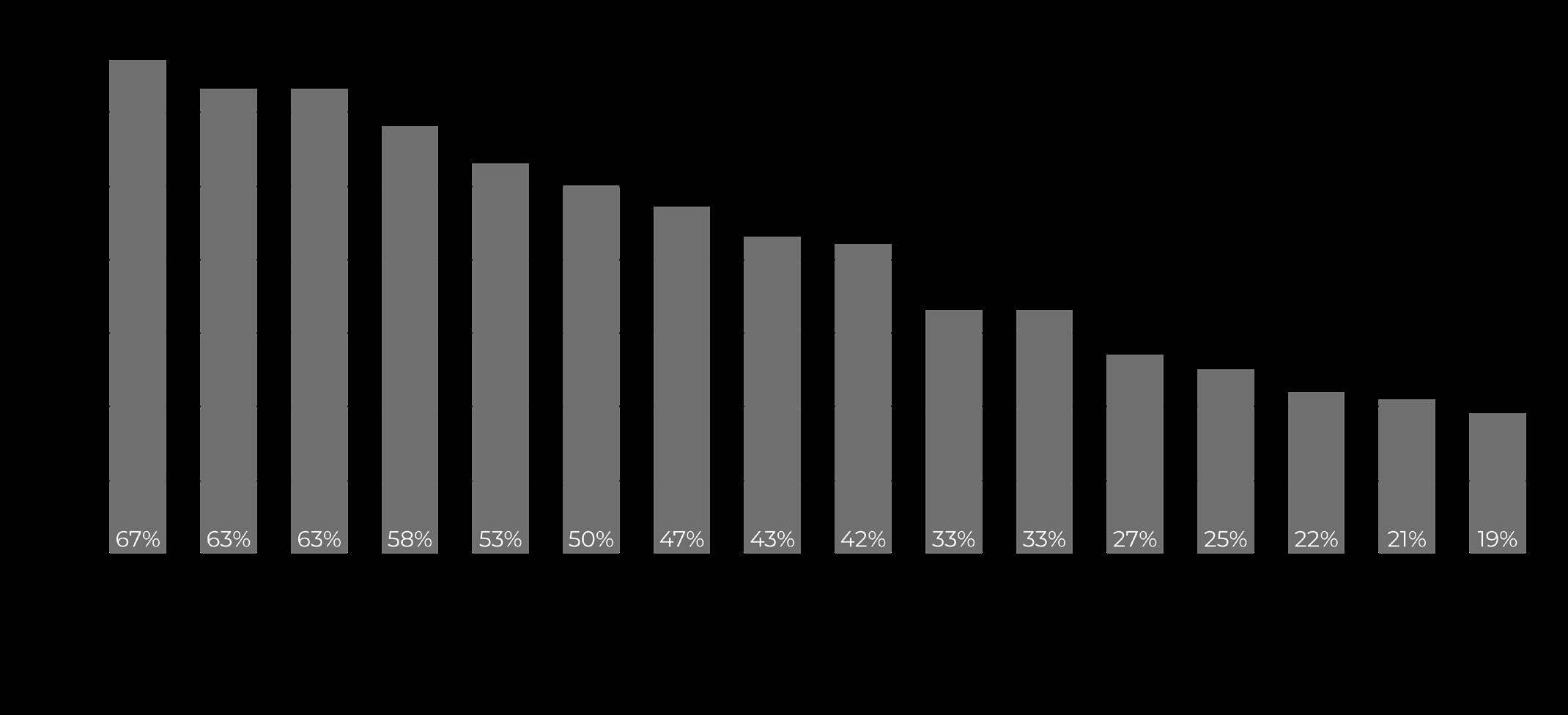
CONTRIBUTORS:
Tony Griffiths Head of Content tony.griffiths@globalfundmedia.com
Will Wainewright
Lead Author
Johnathan Glenn Head of Design johnathan.glenn@globalfundmedia.com
FOR SPONSORSHIP & COMMERCIAL ENQUIRIES:
Jo Cole
Group Commercial Director Jo.cole@globalfundmedia.com
Published by: Global Fund Media, Lion Court, 25 Procter St, London WC1V 6NY
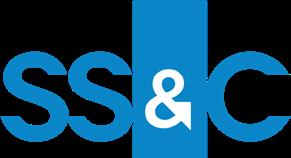
© Copyright 2023 Global Fund Media Ltd. All rights reserved. No part of this publication may be reproduced, stored in a retrieval system, or transmitted, in any form or by any means, electronic, mechanical, photocopying, recording or otherwise, without the prior permission of the publisher
Investment Warning: The information provided in this publication should not form the sole basis of any investment decision. No investment decision should be made in relation to any of the information provided other than on the advice of a professional financial advisor. Past performance is no guarantee of future results. The value and income derived from investments can go down as well as up